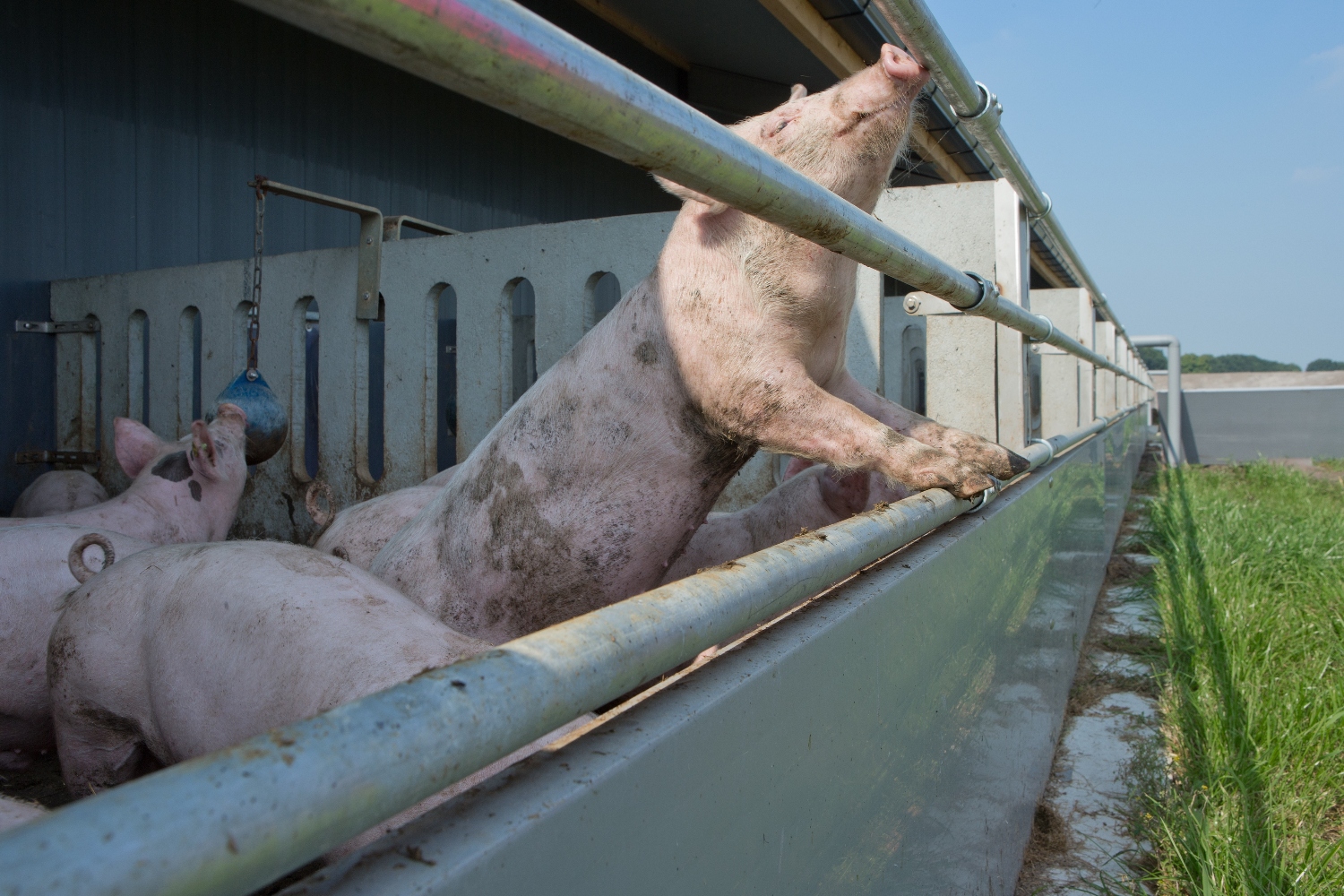An average Dutch family would have to pay 56 euros extra for their dairy, meat and eggs per year if the cost of implementing the Animal-Friendly Livestock Farming Covenant were to be passed on to consumers, Wageningen Economic Research (WeCR) calculated. However, a socioeconomic impact analysis published this week shows that money is not the only factor.
The researchers state that the shift towards a more animal-friendly livestock sector is a societal challenge in which farmers, parties in the chain and consumers each play their part. ‘Who foots the bill is ultimately a political decision.’
When viewed as added costs per household, the measures detailed in the covenant, which are designed to make the livestock farming sector more animal-friendly, seem feasible. An annual sum of 56 euros per household, just over one euro per week, is acceptable. But the total for the entire sector is still a considerable investment of between 4 and 5 billion euros, the report shows.
If the livestock farmers were to shoulder the financial burden, a 12 per cent increase in costs per business would be the result. Hardly feasible in a sector already struggling with very small absolute and relative margins of profit. The financial consequences can be cushioned through government subsidies and possibly by higher market prices for products, but the report does not pre-empt this scenario.
Various bottlenecks
Money is not the only obstacle WEcR identifies to implementing the covenant. The report mentions a ‘range of bottlenecks’, among which licencing (permits required to make adjustments to barns) which could thwart progression within the sector. ‘To prevent the desired transition from grinding to a halt, the national government, provinces and municipalities must join forces to set licencing in motion’, the report states. However, the consultation required between administrative bodies to reach this goal is also considered a potential bottleneck.
The researchers encountered more links between different obstacles that could potentially hinder the implementation of the covenant. Hence, their warning in the report is: ‘It is important that the findings be viewed within the correct context and in conjunction with each other.’
Research background
Wageningen Economic Research conducted the study at the behest of the parties behind the Animal-Friendly Livestock Farming Covenant, which include Caring Farmers, Animal Protection Services, the CBL, the Duurzame Zuivelketen (Sustainable Dairy Chain) and the Ministry of Agriculture, Fisheries, Food Security and Nature.
The covenant is a proposal based on the six principles the Council on Animal Affairs formulated at the behest of the ministry to detail what constitutes animal-friendly livestock farming in 2021. Key principles are that the animal must be able to achieve a “positive state of well-being” and that the balance between positive and negative experiences must tip to the positive side. ‘This goes beyond mere physical health’, says associate professor Liesbeth Bolhuis, in an article on wur.nl.
Both the report and a commentary by co-author and researcher Roel Jongeneel are also available on WUR.nl.

 Undocked tails, the ability to choose indoor or outdoor accommodation and enrichment in the barn. These are not yet commonplace in pig farming. Not just due to lack of finances. Photo Shutterstock
Undocked tails, the ability to choose indoor or outdoor accommodation and enrichment in the barn. These are not yet commonplace in pig farming. Not just due to lack of finances. Photo Shutterstock